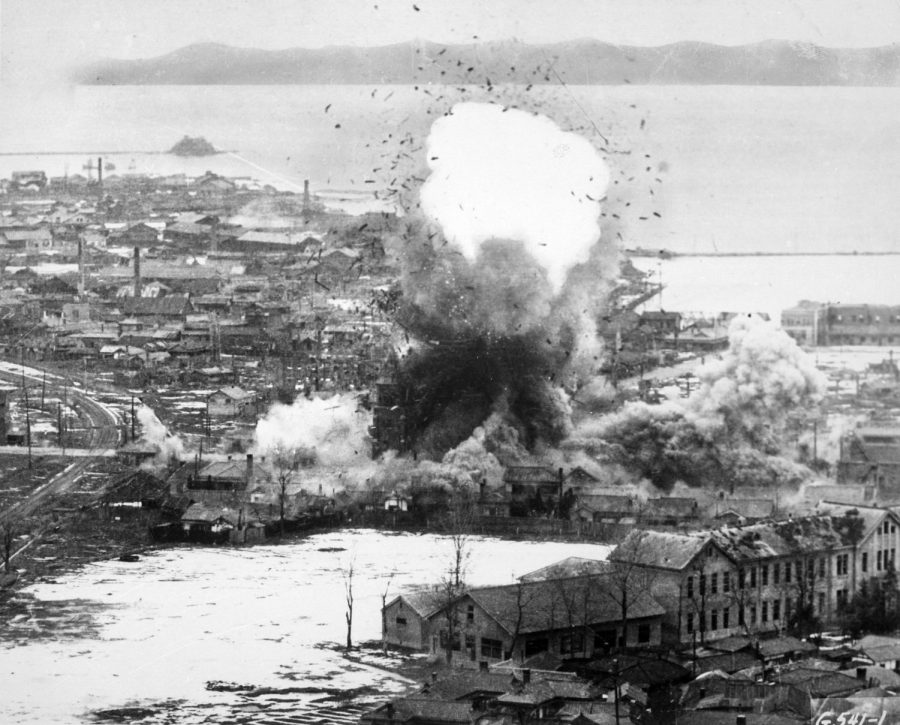Should We Worry About North Korean Civilian Nuclear Power?
The Democratic People’s Republic of Korea currently relies on primarily hydropower to power their dysfunctional society. The only problem is that their electricity generation is therefore affected by precipitation levels. Naturally, they would be considering nuclear power as a result. After all, they have the capability and technology. Maybe. They claim to, and are probably not stretching the truth too far.
However, without the ability to obtain nuclear material for the civilian sector due to pretty much every nation not wanting to sell them material to make nuclear weapons out of, coupled with fuel embargoes, has led the iron fisted dictator to order development of a 100 megawatt Experimental Light Water Reactor.
It is also possible that other nuclear power stations are being developed, and that civilian nuclear plants are being combined with plutonium production facilities for making weapons.
North Korea’s nuclear program has its roots in the Soviet Union’s nuclear program. North Korean engineers have studied in Russia, and North Korea’s first reactor was built by the Soviet Union.
And that’s one of the most concerning parts, at least to nuclear experts. With the intellectual and technical resources available to North Korea, it is most likely that they would be able to make a reactor similar to the RBMK-1000. Which, you will recall, was the reactor that exploded in Chernobyl.
The problem with North Korea running Soviet-style nuclear reactors — besides using them for purposes of war — is that the RBMK was, compared to Western reactors, not very advanced in terms of safety. Coupled with inexperienced operators and poor construction, this led to the world’s worst nuclear accident.
So besides the fear of making missiles, it’s reasonably concerning that careless mistakes would lead to a serious reactor accident. And that the dysfunctional government would then cover it up, spreading nuclear fallout across urban areas with huge population.
In the 1960s, Soviet industrial experts noted that North Korea was very prone to cut corners when building important industrial projects. Safety always took a backseat to completion of the project. The concern is that a RBMK reactor will be operated outside of safe parameters to create more electricity, which as demonstrated with the Chernobyl incident, will lead to meltdown or explosion.
While we may be worried — and rightfully so — about Pyongyang’s military nuclear program, we should be just as concerned about its civilian one, too. After all, the Chernobyl accident put 400 times more nuclear material into the atmosphere than the atomic bomb dropped on Hiroshima, with doses of radiation spread over many, many years. Are we comfortable with North Korea having those capabilities?








